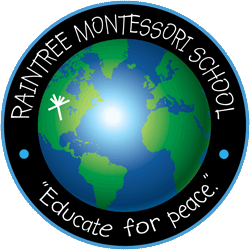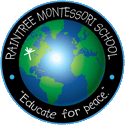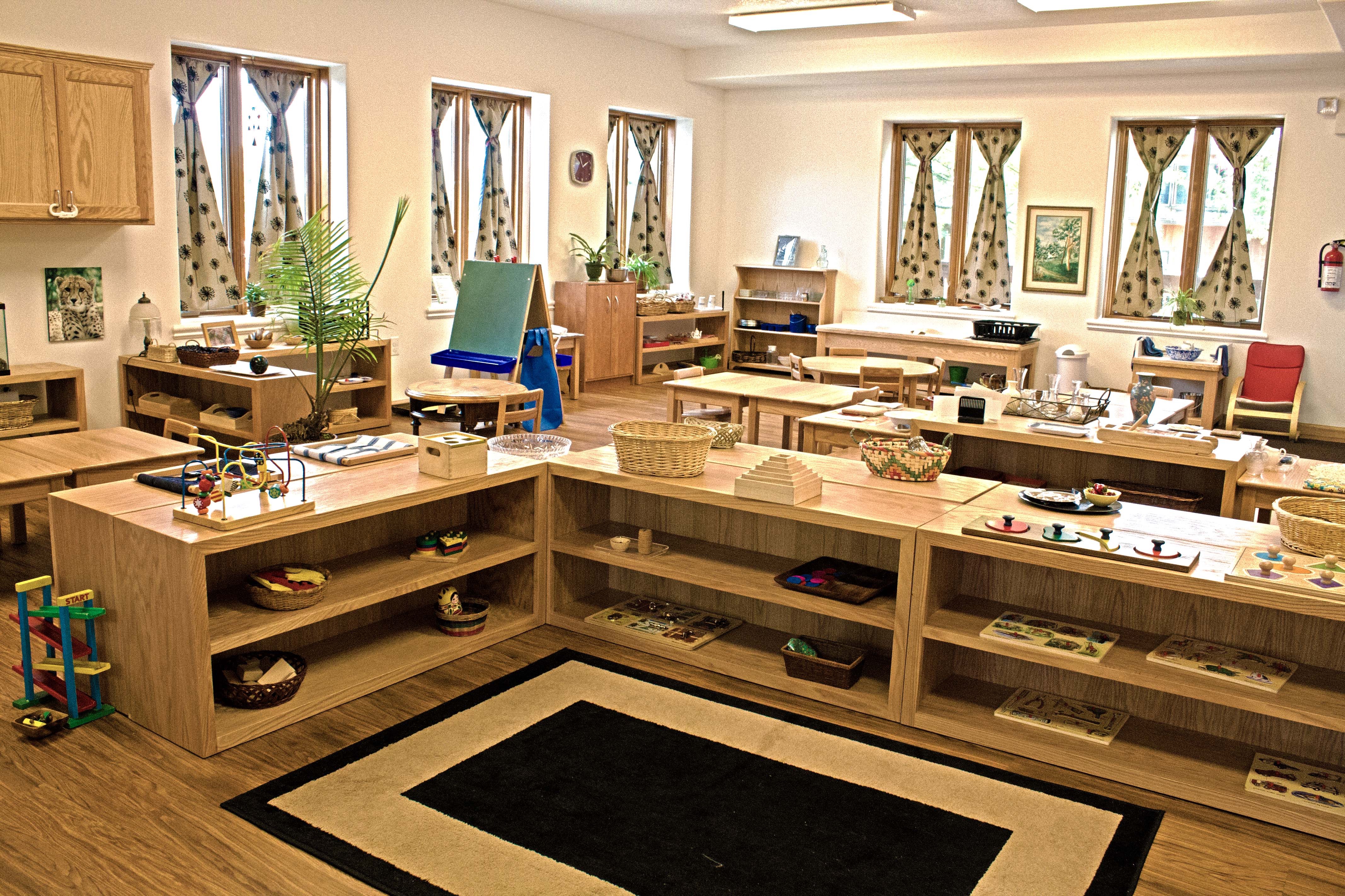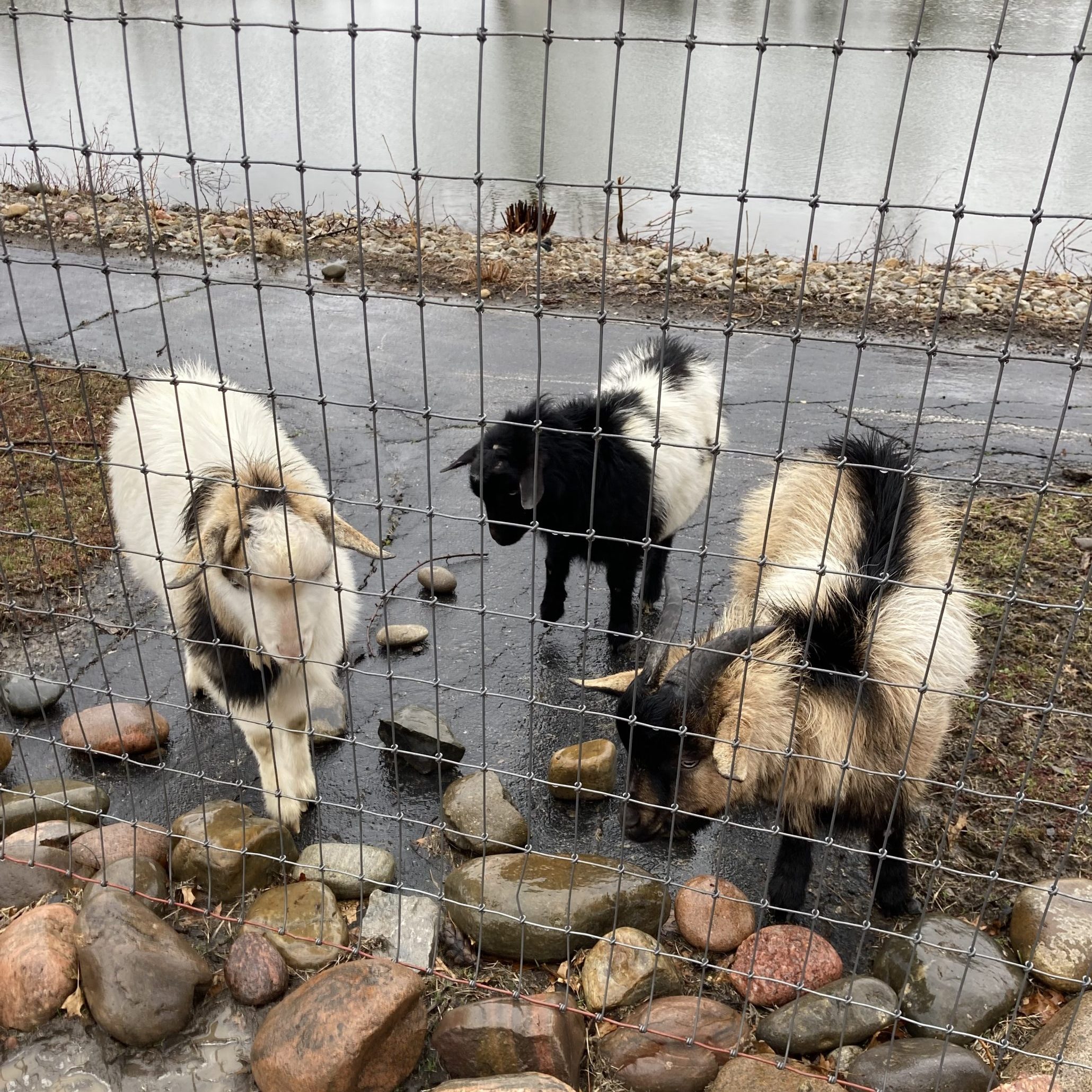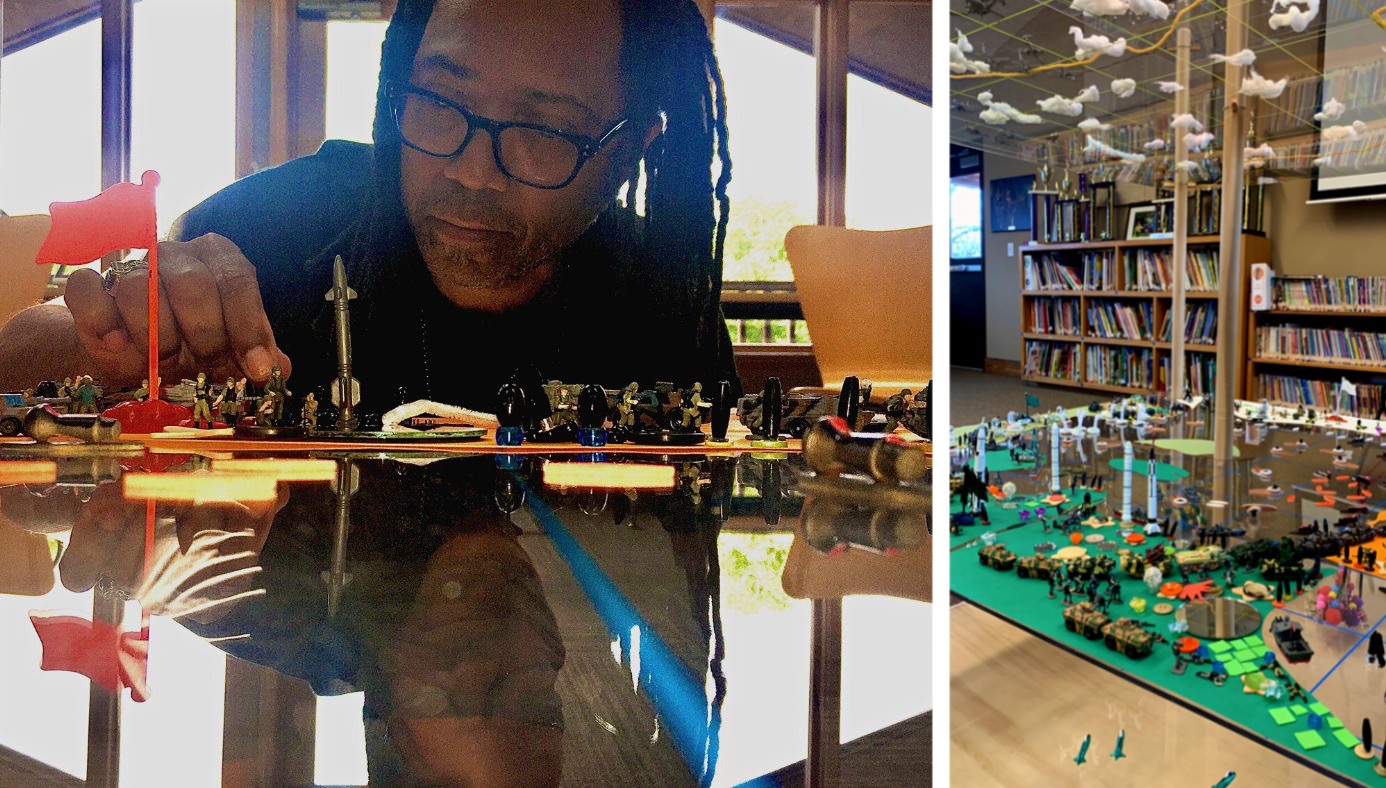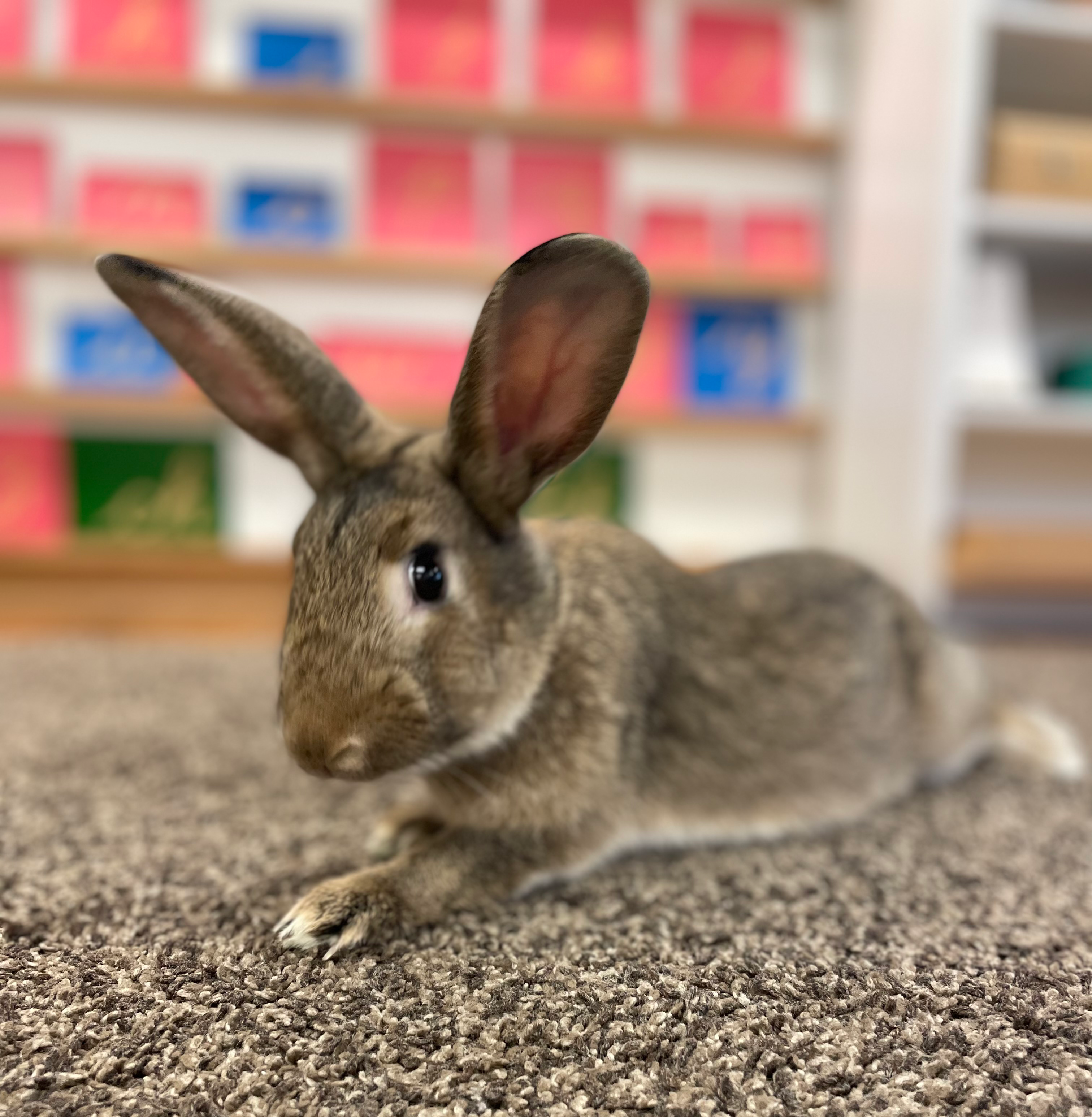1. Teacher Training
Authentic high quality Montessori schools have teachers who were trained by the Association Montessori Internationale (AMI) or the American Montessori Society (AMS). Do not be confused by other acronyms when looking at a teacher’s diploma.
2. Teacher Tenure
Montessori teachers who have found an authentic Montessori school to work in do not leave. Ask how long the teachers have taught in the school. A long tenure speaks to the school’s authenticity
3. Length of class time
Authentic Montessori schools have a long uninterrupted work time. During work time, your child will receive lessons from the teacher and is not interrupted to join whole group events over her self-chosen activities.
4. Prepared Environment
The young child derives her security from order and routine, and the Montessori classroom called a “prepared environment” has a place for everything and everything is in its place. This fosters independence and responsibility as the child goes about constructing herself.
5. Multi-age Classroom
Authentic Montessori classrooms group children together into three-year age spans. This means that 1/3 will be five turning six. A bona fide Montessori school will ALWAYS have kindergarten included in this age grouping with 3 and 4 year old children and will never separate kindergarten children into a different class.
6. A Beautiful Classroom
You will see an exquisitely prepared classroom environment with materials laid out by subject on long, low shelves. The materials will be clean, beautiful and alluring to the child. You will see a lot of materials made of wood and glass and natural fibers. You will rarely, if ever, see plastic.
There will be real activities for your child to do: dull knives to slice apples, miniature graters to shred cheese, flour, salt, sugar, yeast and water to make and bake bread, glass vases and fresh flowers to practice flower arranging, polish and small applicators to shine brass, silver, wood and mirrors.
There is nothing like a Montessori classroom. You will see handmade reading materials—never textbooks. You will see mathematics materials that make abstract concepts concrete to facilitate understanding instead of mindless rote memorization—never worksheets or workbooks.
In an authentic Montessori school, you will see the full complement, laid out in sequence from the simplest to the most complex, of language, math, science, art, geometry, and music activities specifically designed for the ages of the children.
7. A Connection to Nature
Live plants bring the world of nature into the classroom, but nothing takes the place of being in the out-of-doors. The classroom should have access to the outside, a deck or patio for work, fields to roam, hills to climb, a garden to grow vegetables or flowers.
8. Supportive Community
The Montessori academic materials develop the intellect, but just as important, maybe more, is the development of emotional intelligence. Lessons of Grace and Courtesy are taught from the moment a child enters a Montessori classroom. These lessons include how to serve a guest, introduce a friend, borrow something and close a door without making a sound; they form the cornerstone of civility which is the hallmark of an authentic Montessori experience.
9. Individualized Instruction
A true Montessori program supports the individual development of your child. This is very different from a one-size-fits-all curriculum that suggests all children are ready to do the same thing at the same time because they are a particular age. In an authentic Montessori classroom the curriculum conforms to your child instead of your child having to conform to the curriculum.
